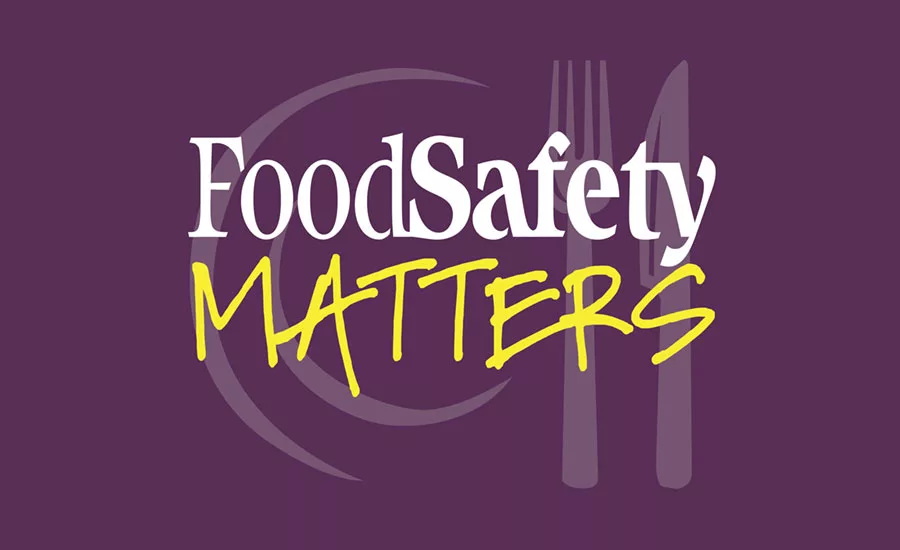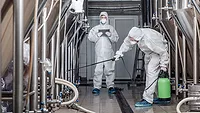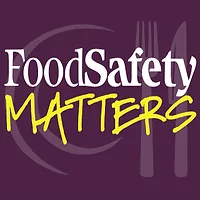Ep. 131. Michael Cramer: Teachings for Next-Gen FSQA and Sanitation Professionals

Michael Cramer started his food career with Swift and Company at a turkey processing facility in eastern Pennsylvania while attending West Chester University. He graduated in 1977 with a B.S. degree in Health Education. During his career with Swift and Company, he was Quality Assurance (QA) Manager at plants in Pennsylvania and North Carolina, a Production Specialist, and a Documentation Manager at the corporate headquarters.
In 1993, Michael started with Specialty Brands Inc. in Ontario, Canada, where he was Director of Food Safety and Quality. He spent 27 years with the company, and remained as Senior Director of Food Safety and Quality Assurance (FSQA) through the purchase by Ajinomoto Foods North America Inc. He developed and implemented programs to ensure production of safe, quality, ethnic frozen foods. Mike retired from Ajinomoto Foods in July 2021.
Mike has been a member of the International Association for Food Protection (IAFP), and was part of the FSQA team at Ajinomoto Foods that won the prestigious Black Pearl Award in 2020. In addition to authoring Food Plant Sanitation, he is also on the Editorial Advisory Board of Food Safety Magazine and has written articles for Food Safety Magazine dealing with Listeria control, biosecurity, sanitation, and sanitary design, and allergens. He was also a contributing member of the American Frozen Foods Institute (AFFI) Listeria Working Group. In addition, he has participated in multiple Food Safety Matters podcasts, conducted food sanitation webinars, and has been a presenter at numerous food safety and quality conferences. He remains active in retirement, giving back to the industry.
In this episode of Food Safety Matters, we speak with Mike [18:25] about:
- What led him to write and publish Food Plant Sanitation and its two subsequent versions, and how the third edition touches on real-life experiences with the Food Safety and Modernization Act (FSMA) in sanitation
- The difference between validation and verification, and what those concepts look like in sanitation
- Guidelines, including regulations and directives for FSQA professionals, for designing effective sanitation standard operating procedures (SSOPs)
- Why FSQA personnel should spend time on the sanitation shift and have conversations with chemical suppliers, testing labs, colleagues at other plants, and consultants
- Trade associations and publications that can be beneficial resources to FSQA professionals
- Mike's experience developing a robust FSQA culture by aligning sanitarians’ purpose, using cross-functional teams, and getting leaders to buy into and understand FSQA
- The difference behind “consumers” and “customers” from an FSQA point of view
- The importance of relationship-building, flexibility, and communication with FSQA staff to ensure that a healthy food safety culture survives and thrives within a company
- Ways in which companies can manage turnover and maintain or transfer skills and knowledge.
News and Resources
FDA, CDC Partner to Strengthen Retail Food Safety with MOU [3:40]
Study Examines Listeria, Salmonella Survival in Dry Packaging Facilities, Efficacy of Sanitizers [6:20]
FDA Study Will Evaluate Children’s Exposure to Mercury from Seafood [11:21]
Seaweed Food Safety Knowledge is Limited; FAO, WHO Call for Research, Regulation [12:42]
Sponsored by:
Download the Cintas Program for Food Processing Apparel brochure.
We Want to Hear from You!
Please send us your questions and suggestions to podcast@food-safety.com









